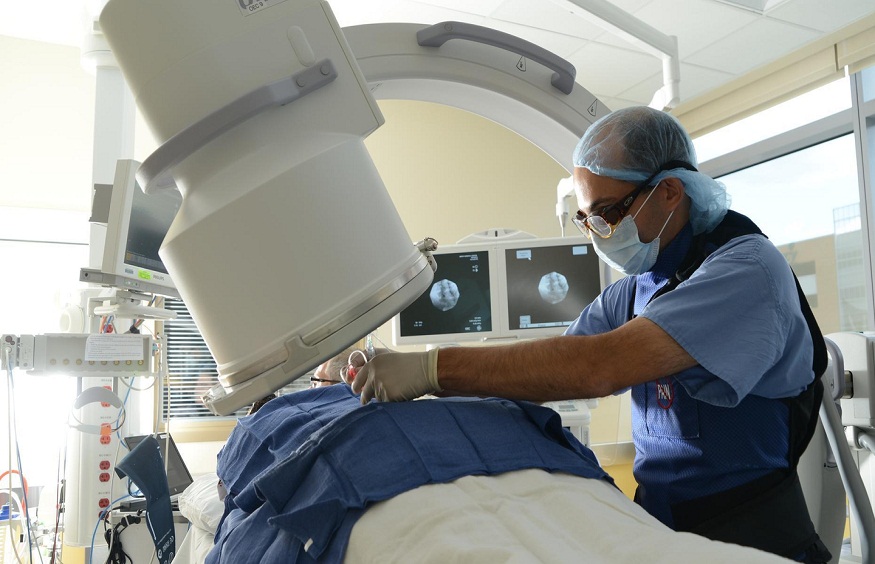Life can be uncomfortable when burdened with pain, especially one that lingers. Imagine being caught in a constant embrace with Memorial Area neck pain. It’s not an ideal situation. Interventional Pain Management is a field dedicated to easing such burdens. This blog post will shed light on this specialty from an expert’s perspective. The goal is simple – guide you through the complexities and share the benefits of this approach. In the end, you’ll gain a clear understanding of this invaluable field.
What is Interventional Pain Management?
Interventional Pain Management is a proactive approach to managing pain. Instead of relying solely on medications, this approach uses techniques to directly address the root cause of pain. It’s like fixing a leaky faucet instead of just mopping up the water.
How does it work?
The techniques used in Interventional Pain Management vary depending on the source of the pain. Strategies may include physical therapy, nerve blocks, or even surgery. It’s not a one-size-fits-all solution. It’s a tailor-made suit, designed to fit your specific needs.
What are the benefits?
The benefits of Interventional Pain Management are plenty. Here are a few to consider:
- Improved quality of life: Living with less pain means living with more freedom.
- Decreased reliance on medications: With the root cause of pain addressed, there’s less need for pain medication.
- Personalized care: The treatment plan is designed for you, not for the average patient.
Interventional Pain Management vs Traditional Pain Management
Now let’s compare Interventional Pain Management with Traditional Pain Management using a simple comparison table:
| Interventional Pain Management | Traditional Pain Management | |
| Root Cause | Addresses directly | Often overlooked |
| Medication Reliance | Lower | Higher |
| Personalized Care | Yes | No |
Interventional Pain Management offers a more direct, personalized approach to dealing with pain. It’s an approach worth considering for anyone struggling with persistent pain like Memorial Area neck pain. Remember, you don’t have to live in pain. There are options out there. In the end, your well-being matters most.




